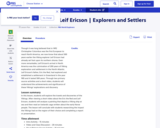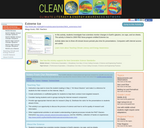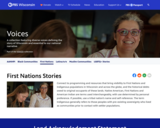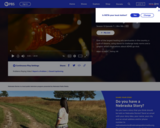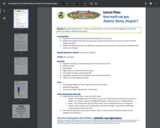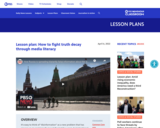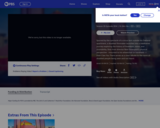The First Amendment holds some of our biggest rights as American citizens. Nick reviews them for us!
TRANSCRIPT
"We the People of the United States, in order to form a more perfect union, establish justice, ensure domestic tranquility, provide for the common defense, promote the general welfare and secure the blessings of liberty to ourselves and our posterity, do ordain and establish this constitution for the United States of America."
Our constitution sounds pretty good to me. Nothing to change there, right? Wrong. Even the founding fathers knew they couldn't make a perfect guide for running the country. Enter amendments. An amendment is any improvements, revisions, or corrections to the Constitution. There are currently 20-plus amendments to the Constitution, but I want to focus on the first one. It provides some of our most important rights.
The First Amendment states: "Congress shall make no law respecting an establishment of religion, or prohibiting the free exercise thereof; or abridging the freedom of speech, or of the press; or the right of the people peaceably to assemble, and to petition the Government for a redress of grievances." So within the First Amendment, we've got these five protected rights. Freedom of religion, the freedom of speech, freedom of the press, the right to assembly, and the right to petition the government. Let's take a look at these a little closer.
Freedom of religion was super important to the founding fathers. It's one of the reasons they came to America in the first place. They wanted to escape other countries where they were forced to follow a specific religion. Because of the First Amendment you can now practice any religion or no religion at all. The freedom of speech and assembly can be grouped together. They basically mean we can express our own opinions. We're allowed to speak out and get together in groups to express our ideas. Of course, there are some exceptions. For example, you can't tell lies about people, or they could try to sue you for it.
That idea of telling the truth leads me to the next protection which is super important for folks who work in the news like me, the freedom of the press. It means journalists are allowed to report on what's going on without fear that the government might get upset and stop them from doing their work. In some countries without the freedom of the press like China, journalists are only allowed to report what the government wants. As you can imagine, if the government makes a mistake or isn't treating people fairly, they aren't going to want the news to tell people about it.
Finally the right to petition the government empowers citizens to address their leaders directly if they're concerned about actions or issues. You may have heard about people writing their Senators, governor's or other politicians to share their opinions or express concern. The First Amendment aimed to set Americans apart from other countries and governments that impose stiff rules and regulations over their citizens or punish them for speaking out. It's all about letting our country stay by the people and for the people. As the country grows and changes so do the needs of the Constitution. It's not stuck in the 1700s. It's a living, breathing part of our democracy.
